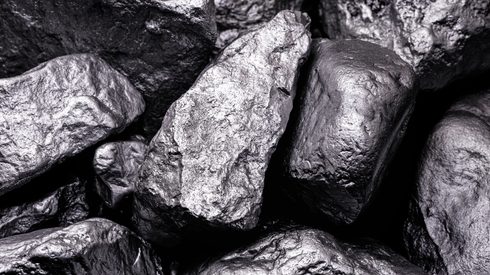Announcing the move through the Official Journal of the European Union on Monday, May 23, the European Commission said the provisional anti-dumping duties would apply to imports of flat-rolled products of iron or non-alloy steel, plated or coated with chromium oxides or with chromium and chromium oxides – also designated as electrolytic chromium coated steel (ECCS) products – currently falling under CN codes 7210 50 00 and 7212 50 20 and originating in China and Brazil.
The rates of the provisional anti-dumping duty depend on the individual producer, it added.
For Chinese manufacturer Baoshan Iron & Steel the duty is 33.2%, for Handan Jintai Packing Material 53.9 % and for other co-operating companies from China – namely GDH Zhongyue (Zhongshan) Tinplate Industry and Shougang Jingtang United Iron & Steel – the provisional anti-dumping duty rate is 36.7%. All other Chinese companies exporting ECCS material face a provisional duty of 77.9%.
For Brazil’s Companhia Siderúrgica Nacional (CSN) the provisional anti-dumping duty rate has been set at 52.0% – in line with the rate for other Brazilian ECCS manufacturers.
ECCS is typically used in consumer and industrial packaging, most frequently in the form of can tops and bottoms, screw caps, lug caps and tabs, the EC said.
Other uses include external parts for home appliances, photographic film cases, protective material for optical fibre protection or other electrical and electronic parts, it added.
An investigation was started in September 2021, following a complaint lodged by the European Steel Association, Eurofer, on behalf of ArcelorMittal Atlantique et Lorraine (France), ArcelorMittal Etxebarri (Spain) and Thyssenkrupp Rasselstein (Germany). The investigation found that those firms, along with Italy’s Acciaierie d’Italia, account for 100% of the EU ECCS producers.
Definitive anti-dumping measures are expected to be decided by November 23, 2022.




